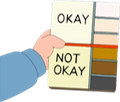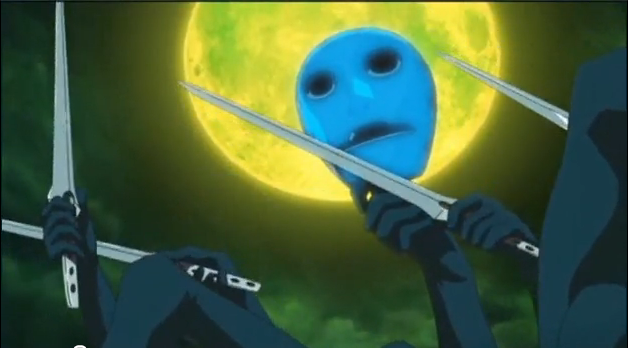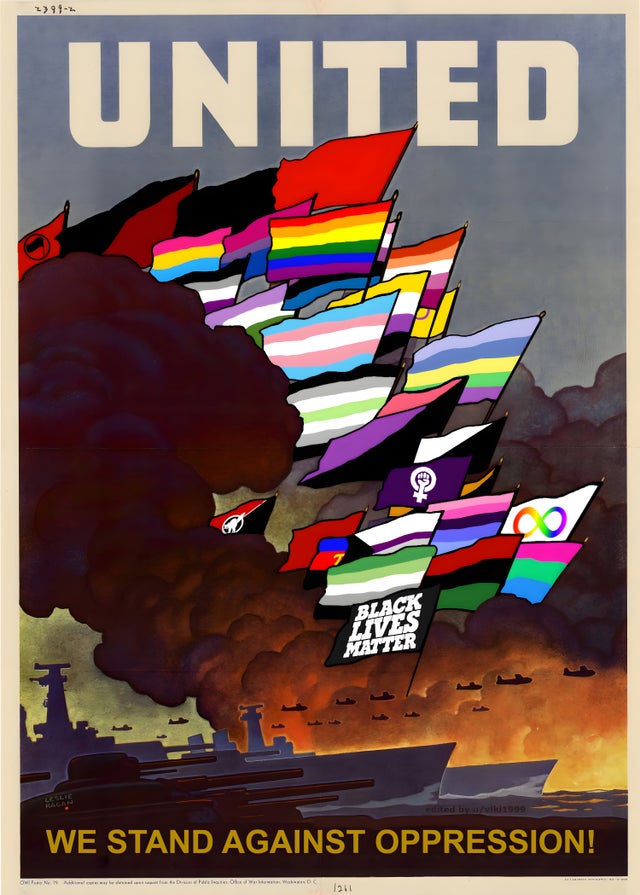I’m joking with the meme, but it’s an interesting how plot armor unintentionally places value on people’s lives in fiction.
It’s telling that censorship laws decide who it is and isn’t acceptable to kill. Just thinking about violence against sentient robots and how that’s normalized in things like Samurai Jack.
Like we know the robot has thoughts and feelings, like they’ll try to run to save themselves or plead for mercy, but a character can still heroic after essentially killing a non-human who’s acting like how we understand humans.
I feel like there’s something dangerous in how easily we can depict appropriate targets of violence. Not just robots, but anybody deemed as less than human are allowed to be more put at risk.

Unnamed people are killed in superhero fights all the time. But unless they are of a class of characters like protagonists, they are collateral damage at best.
I think Plot Armor as a trope needs more class consciousness and awareness around how deciding who gets to be protected is often an unconscious political belief.
What about you though? Any tropes in media you’d like to see explored more or written with a leftist understanding?


This one is my number one pet peeve when it comes to capeshit stuff. It’s either A: the villains have a point but they’re just oh so evil that it doesn’t matter anyway (marvel did this at least twice, it’s in The Batman and it still bugged me but I do think they pulled it off in a way that I was ok with) or B: the hero(es) are actually villains (the boys, invincible)
Might be kinda specific, but just once I’d like to see a superhero story where the “villains” are actually 100% right and aren’t cartoonishly evil AND the “Hero” is the one who has to come around to their side, going against the status quo in the process. Just once I want “the villains are the good guys” to be played straight.